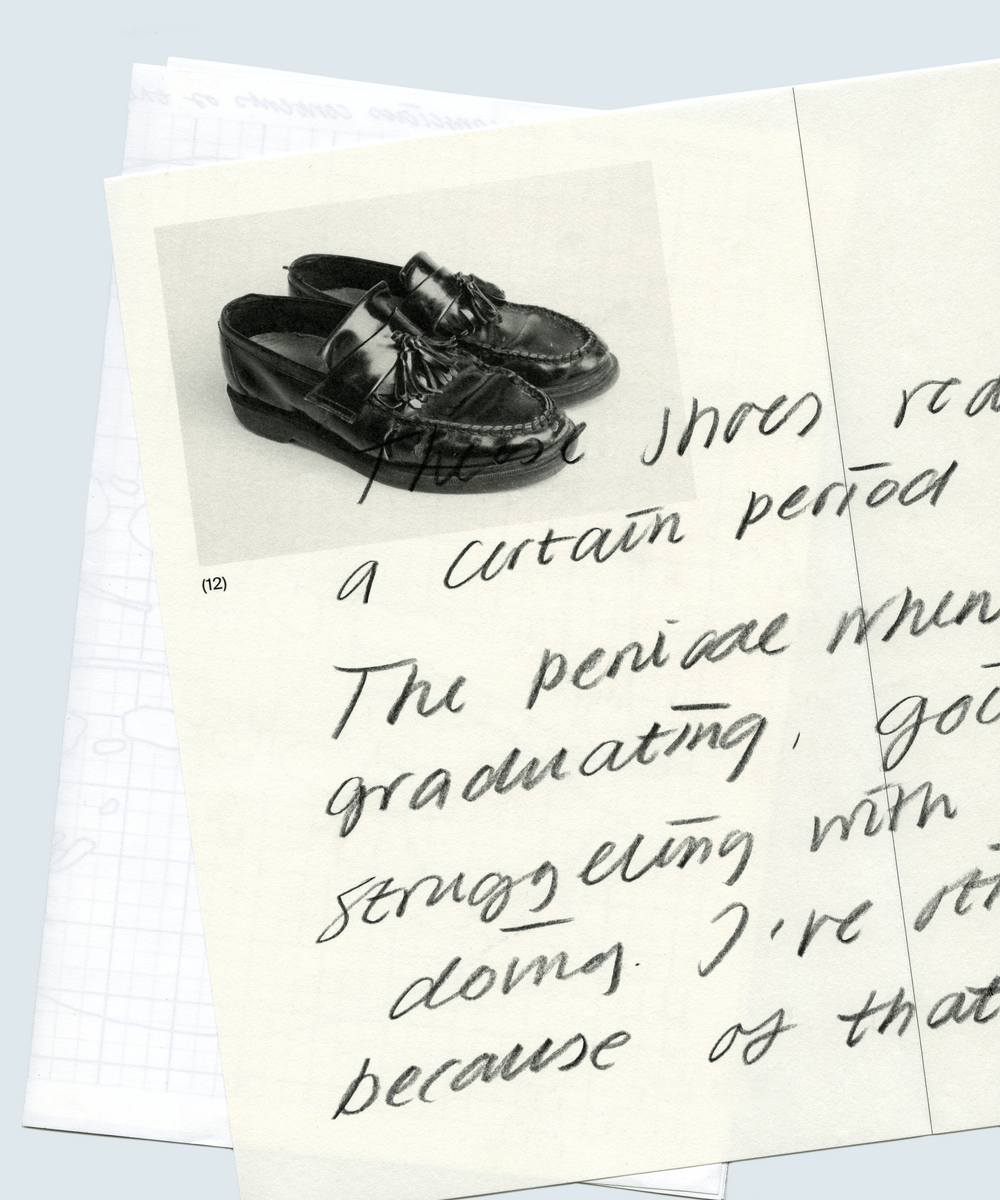The presenter has activated the presenter mode. Would you like to follow?
Follow presenter
You are following the presenter.
Stop following presenter
In the depth of today’s enforced solitude, days repeat themselves in similar ways: the rhythm of passing time provides useful space for reflection. As the distractions of normal life are reduced, increased calmness allows the voice of memory to become more present. Having space for reflection promotes greater introspection, for both passed times and the imagined future.
Our memory is something we depend upon, from simple daily tasks to knowing the difference between Plato and Wittgenstein. At each stage of our lives, we experience our memory in different ways. As children we can soak up a new language like a sponge, in old age memory fades.
Discovering more about the workings of our memory is a complex matter. We can understand and control the way we move our bodies, but we can’t control our memory in the same way — It seems to have a mind of its own. Can we discover more about the workings behind our memory in order to make better use of it?
The publication ‘I Caught a Reflection—Past’ maps the landscape of memory. It explores the functioning and complexity of its multi-layered system; a mind with a mind of its own.
Our memory is something we depend upon, from simple daily tasks to knowing the difference between Plato and Wittgenstein. At each stage of our lives, we experience our memory in different ways. As children we can soak up a new language like a sponge, in old age memory fades.
Discovering more about the workings of our memory is a complex matter. We can understand and control the way we move our bodies, but we can’t control our memory in the same way — It seems to have a mind of its own. Can we discover more about the workings behind our memory in order to make better use of it?
The publication ‘I Caught a Reflection—Past’ maps the landscape of memory. It explores the functioning and complexity of its multi-layered system; a mind with a mind of its own.
 Isobel Thoms
Isobel Thoms


 Isobel Thoms
Isobel Thoms